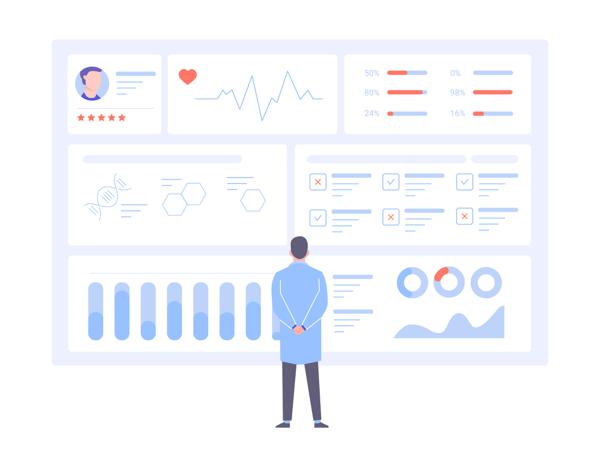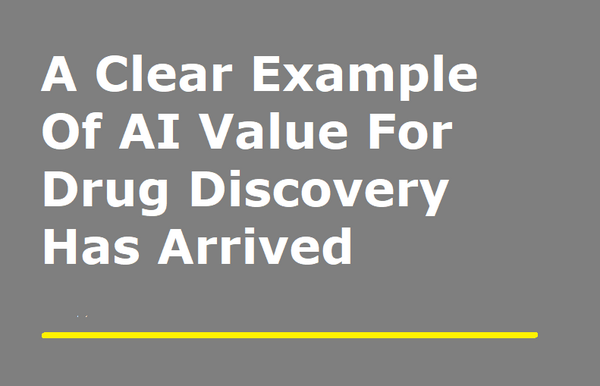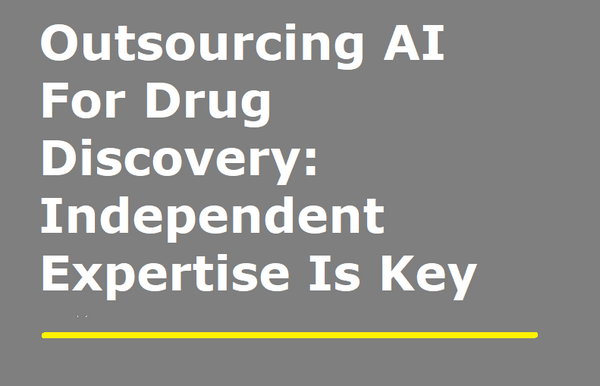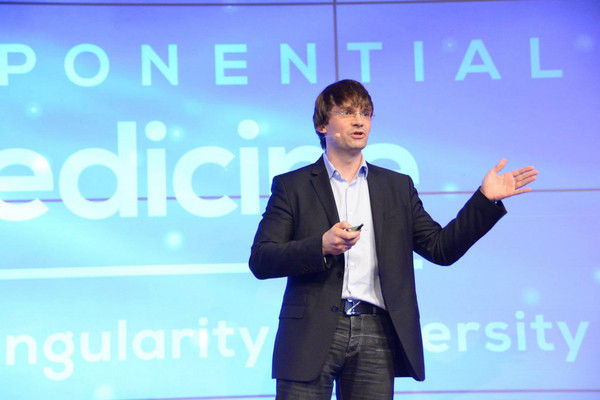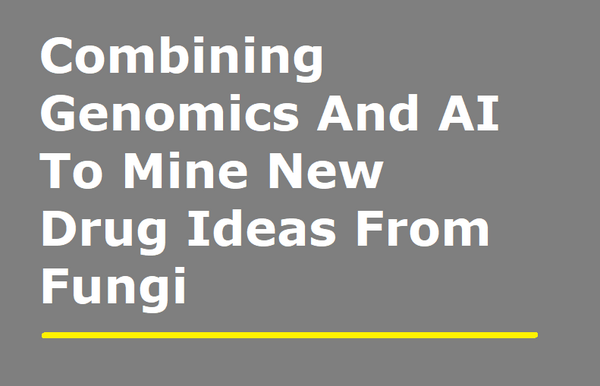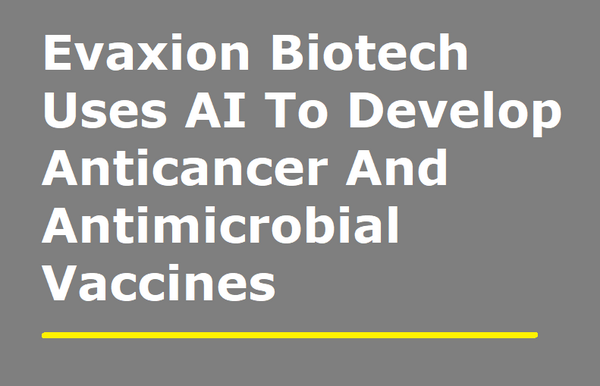[Interview] Adoption of AI-driven Tools By The Life Sciences Professionals: What Is Coming In 2018?
The previous year was rich in discussions and events one way or another related to potential applications of artificial intelligence (AI) advances for the benefit of drug discovery and development.
(Note: For the sake of simplicity, the term “AI” will be applied herein interchangeably with terms like “machine learning” (ML), “deep learning” (DL), “neural networks” (NN) etc., although conceptually, those terms are quite different in meaning. The term AI describes a field of computer science studying how to make a computer intelligent at doing something, while terms like ”machine learning”, “deep learning”, and “neural networks” relate to algorithms and methods by which it can be achieved.).
To briefly refresh in memory what was going on in 2017, here is a brief report providing a condensed overview of the field, and here is a list of the most active AI-driven startups developing tools to assist pharmaceutical and biotech research. The most actively explored use cases for the AI in drug discovery are categorized in the article Biopharma’s Hunt For Artificial Intelligence: Who Does What?.
According to a survey conducted by The Pistoia Alliance -- a not-for-profit organization engaged in the advancement of new technologies and data standardization practices in the life sciences industry -- almost half of the respondents (44%) among 374 surveyed life science professionals from US, Europe, Russia and China, are already using or interested in using AI in their research.
Among the most pressing challenges for the AI adoption, the respondents pointed out a lack of technical expertise in AI, ML and NLP, limited data access, quality, and lack of standardization were also regarded as considerable obstacles.
To find out more insights about how the AI adoption by life science professionals will be happening in 2018, I reached out to Ed Addison, Co-founder and CEO at Cloud Pharmaceuticals -- one of the leading players in the emerging “AI-for-drug-discovery” space:
 Ed Addison, Co-founder, CEO at Cloud Pharmaceuticals
Ed Addison, Co-founder, CEO at Cloud Pharmaceuticals
Ed, how would you describe one biggest milestone in 2017 for the AI advancement in drug discovery/development space?
The realization that IT methods (AI, Computational chemistry, modeling, etc.) can not only add value to drug discovery but can enable more efficient drug discovery.
What are the main still unsolved challenges for the AI application in the drug discovery/development space? Will we see substantial progress towards overcoming them in 2018?
Machine learning is very useful, but it is now a commodity. It does not require “elite” vendors or specialists, but machine learning can be deployed for no more than the cost of Java programming. But "machine learning" algorithms are not smart or intelligent, they are merely nonlinear statistical algorithms. That is quite OK because they are useful. But they do not solve all the world's problems and they are only as good as the data. Don't be shiestered by industry charlatans who think this is esoteric. It's not. Machine learning will become more widespread and reduced to merely a tool. But the harder AI problems of curiosity, consciousness, etc. will NOT be solved in 2018. Again, that is OK because the goal is drug design, not AI.
Then, do you think the year 2018 will be a “breakthrough year” for the AI in drug discovery/development? If so, what kind of goals can potentially be achieved in 2018?
2018 will not be a breakthrough year in AI methods, but it will see a widespread penetration of machine learning into drug discovery to the point where you do not have to hire an industry expert to do it yourself. Simply put, it's not rocket science.
In your opinion, is the hype around the AI in drug discovery harmful for the development of this area in some ways?
The hype will cause the more average software engineer and the more average drug discovery scientist to learn to do this on their own, and that is good. the hype will also cause some companies to pay a premium to self-declared experts when that is just totally unnecessary. What I am saying is that this technology is now within the reach of most engineers and scientists and it is not “elite” (Neither is Joe Flacco elite).
Finally, what is a unique offer your company develops? What are your major goals for 2018?
Cloud Pharmaceuticals offers long-time expertise in computational drug discovery enhanced by AI methods. We use AI, but AI is not our product. Our product is good molecular design. We always provide molecules with activity, selectivity and freedom to operate, and that is far more than HTS does, and it is far more than pure machine learning vendors can do. Keep your eyes on the prize! The prize is a good molecule, not an “elite” algorithm.
Topics: Industry Trends Emerging Technologies
